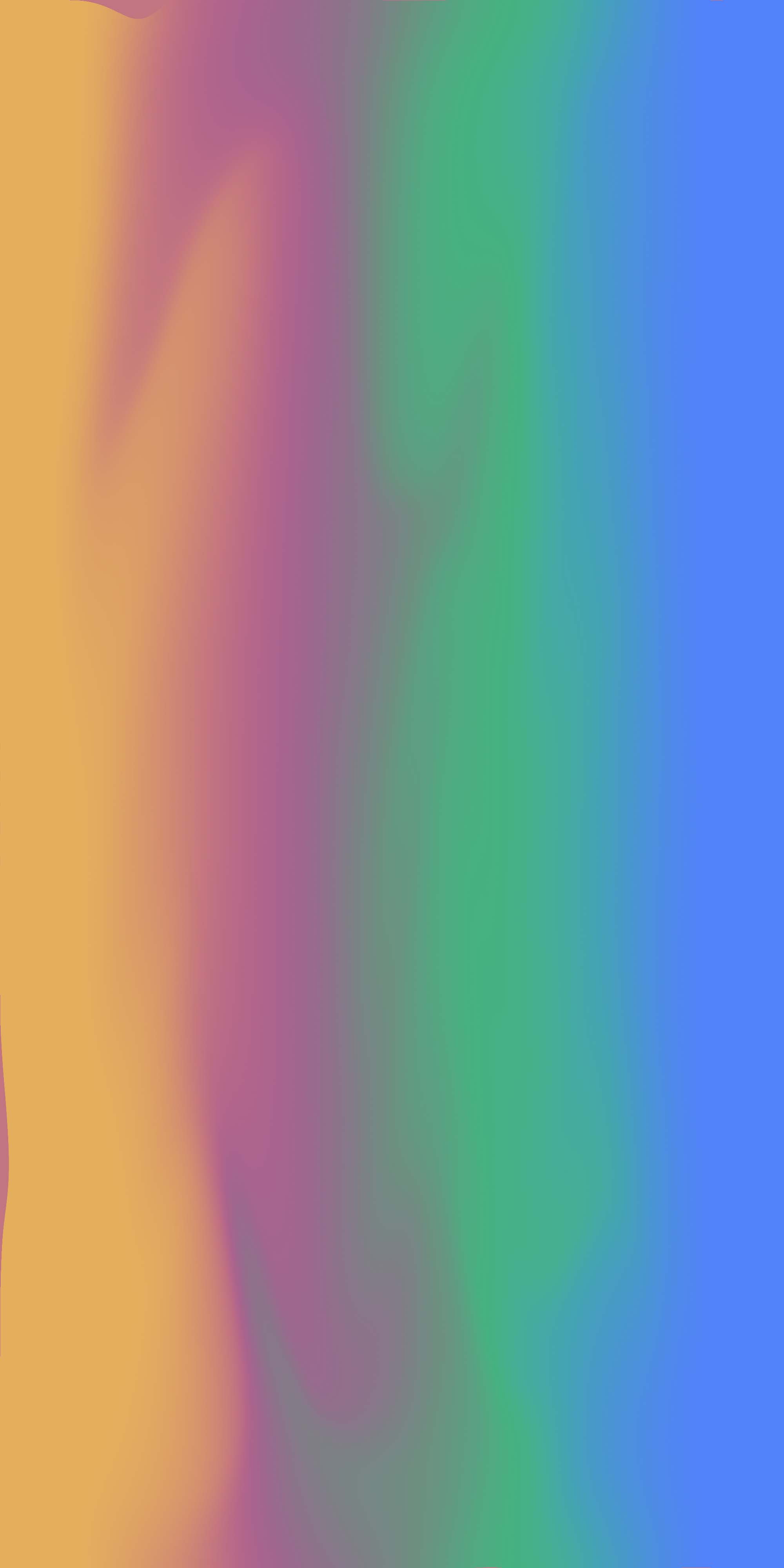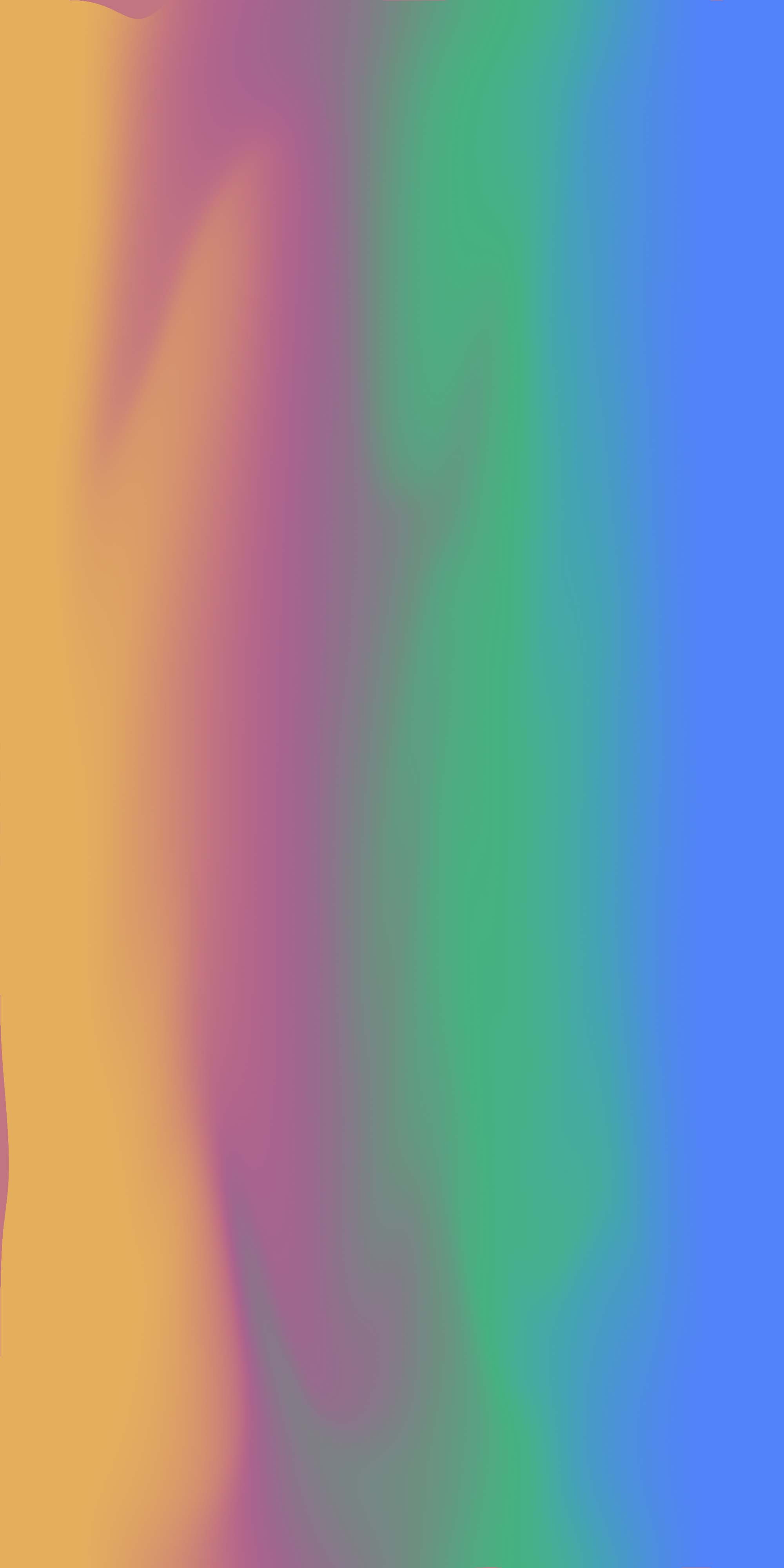Welcome to watch a video documentation of this event here.
Invited guests / collaborators
Nicolas Salazar Sutil, translator of Silvia Rivera Cusicanqui's 'A Ch'ixi World is Possible' and co-founder of Guardians Worldwide
Betsy Wing, translator of Édouard Glissant and Patrick Chamoiseau, 'Manifestoes'
Camila Marambio, postdoctoral researcher at the Seed Box
Chairs: Matthew Fuller and Shela Sheikh, department of Media, Communications and Cultural Studies, Goldsmiths, University of London
Estimated running time: 150 min.
Camila Marambio
Letters: Modes of Addressing Non-Human Loved Ones
Ensayos is a collective research practice initiated on the archipelago of Tierra del Fuego in 2010. Ensayos’ issue-based research methodologies arise from archipelagic delirium and are characterized by their sensuality and precariousness. In partnership with the existing ecological and cultural conservation initiatives on the main isle of Tierra del Fuego (WCS Parque Karukinka, Caleta María, Fundación Hach Saye), Ensayos entangles artistic practices, social science methods and Indigenous movements with pressing environmental questions.
For over a decade, Ensayos has existed as a nomadic research program through which artists, scientists, academics, and locals consider the ecopolitics of the Fuegian archipelago. The program’s art and cultural outcomes include exhibitions, lectures, performances, publications, a web series, a scent, and contributions to environmental policy briefs. The underlying curatorial praxis is experimental, transdisciplinary, and polyphonic.
Letters is a meditation on the role of mediation, translation and curatorial practice in place-based transdisciplinary work. While struggling with the question of how to establish a practice based on reciprocity and mutuality, I critically question and affirmatively transgress traditional ethics of representation aimed at depicting and speaking on behalf of. The aim of this practice-based research is to creatively investigate multi-layered meanings of love, mourning, art, storytelling, collaboration, and place in the context of affirmatively decolonializing endeavors and contemporary efforts to learn from indigenous cosmo-onto-epistemologies.
In focus are the Selk’nam people of Karukinka Tierra del Fuego and their initiation ritual, referred to as Kloketen-celebration or Hain, as well as the white anthropologists, Martin Gusinde (1886–1969), and Anne Chapman (1922–2010), who earned their scholarly fame through their portraying of the Selk’nam. In addition to critically discussing the problems of the approaches of Gusinde and Chapman, I explore other critically-affirmative, decolonializing moves, and caring ethics — in conversation with the isle of Karukina, Selk’nam activist Hema’ny Molina and gender scholar Nina Lykke, tycoon David Syre, artist Ariel Bustamante, Fuegian local Ivette Martiìnez, and finally with Australian Aboriginal philosophers Mary Graham, Greg Lehman and Paddy Roe. The method of merging criticism, theory and fiction in my epistolary reflections is inspired by fictocriticism. This is not autobiography. It is posthuman auto-phenomenography, it is montage, it is curatorial confabulation, it is archipelagic philosophy grounded in Karukinka Tierra del Fuego.
Camila Marambio is a curator, a private investigator, an ecosexual, an amateur dancer, and a collaborative writer. In 2010 she founded the nomadic research program Ensayos on the archipelago of Tierra del Fuego, at the Southernmost tip of Abya Yala. Ensayos brings together artists, scientists, activists, policy makers and local community members to exercise speculative and emergent forms of eco-cultural ethics at the world’s end. Work from Ensayos includes a web series, a listening series, a scent, a periodical, experimental performance and has been presented in exhibitions at the New Museum of Art, New York; Tenerife Espacio de Artes, Canarias; Institute for Art and Olfaction, Los Angeles; Bruce High Quality Foundation, New York; Kurant, Tromsø, Norway; Psi #22, Melbourne, AU, Kadist Art Foundation, Paris; Puerto de Ideas, Valparaíso; Festival Cielos del Infinito, Puerto Williams, CL.
Marambio has a PhD in Curatorial Practice from Monash University, Australia (2019), a Master of Experiments in Arts and Politics from Science Po (2012) and an MA in Modern Art: Critical Studies from Columbia University (2004). She was Guest Curator of the Extended Research Project at the Patricia Phelps de Cisneros Research Institute for the Study of Art from Latin America of the Museum of Modern Art (MoMA) in 2020 and Curatorial Advisor of the Venice Biennale (2022).
She is co-author of the books Slow Down Fast, A Toda Raja with Cecilia Vicuña (Errant Bodies Press, 2019) and Sandcastles: A Planetary Ethics of Softness with Nina Lykke (2023). Currently she is postdoctoral fellow at The Royal Art Institute in Stockholm thanks to The Seedbox: A Mistra-Formas Environmental Humanities Collaboratory, Linkoping University, Sweden and the curator of the Chilean Pavilion at the upcoming Venice Biennale.
Nicolas Salazar Sutil
Extracts from Indigenous thought: the paranoia of knowledge extractivism
I ask what the migration of Indigenous ideas into Western thinking involves for a translator, particularly when translating the work of Bolivian decolonial thinker Silvia Rivera Cusicanqui. If Rivera Cusicanqui's work is partly a translation of Indigenous ideas, how are extracts of Aymara and Kichwa thought turned into academic concepts? What does the further translation of Rivera Cusicanqui's work from Spanish to English raise at the ethical level? In other words, what makes a 'good' English translation, particularly when dealing with the further displacement of local thought into Global North contexts? The issues of epistemic extractivism and knowledge appropriation become central. Does the 'decolonial' become co-opted at some point? Does it become a comfortable slant to avoid naming injustice by its name? I ask: Why the paranoia and political correctness around speaking out Indigenous thought within White academic environments? Is indigenisation of thought even possible, or does epistemic violence and injustice committed by Western thinking prevent white university scholarship from ever overcoming its karma of mental oppression?
Nicolas Salazar Sutil is the founder and director of Guardians Worldwide, an organisation that promotes the work of forest, river and climate guardians across indigenous and non-indigenous contexts through massive online courses, placements, knowledge exchange and capacity building. Salazar Sutil is also a Senior Consultant at the Tenure Facility, an international NGO that facilitates capacity building and land tenure for Indigenous and local communities worldwide. He is the author of several books, reports and articles. He holds a PhD in Cultural Studies from Goldsmiths College. Check the upcoming course Guardians of the River here: www.riverguardians.co starting February 1st. Nicolas Salazar Sutil is the translator of Silvia Rivera Cusicanqui's "Un Mondo Ch'ixi es Posible" for the Lines Series at Bloomsbury, work supported by the Seed Box.
Betsy Wing
Traces of Contact: Translation or Relation
I propose to give some answers about how to approach different kinds of knowledge and culture to broaden the scope of the environmental humanities. My ideas are based on Édouard Glissant’s conception of poetics as a world view. I will show the different ways in which this is enacted in works by Glissant and Patrick Chamoiseau and how it would apply to our notions of translation.
Betsy Wing is the translator of numerous books by Édouard Glissant and others. She is also a painter. Betsy Wing is the translator of "Manifestes" by Glissant and Patrick Chamoiseau for the Planetarities series at Goldsmiths Press, work supported by the Seed Box.








